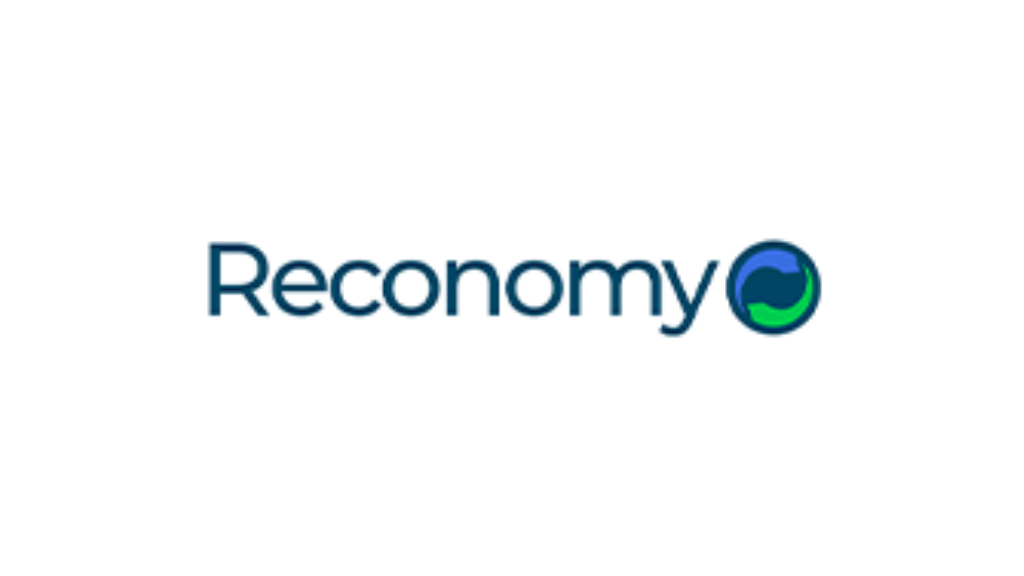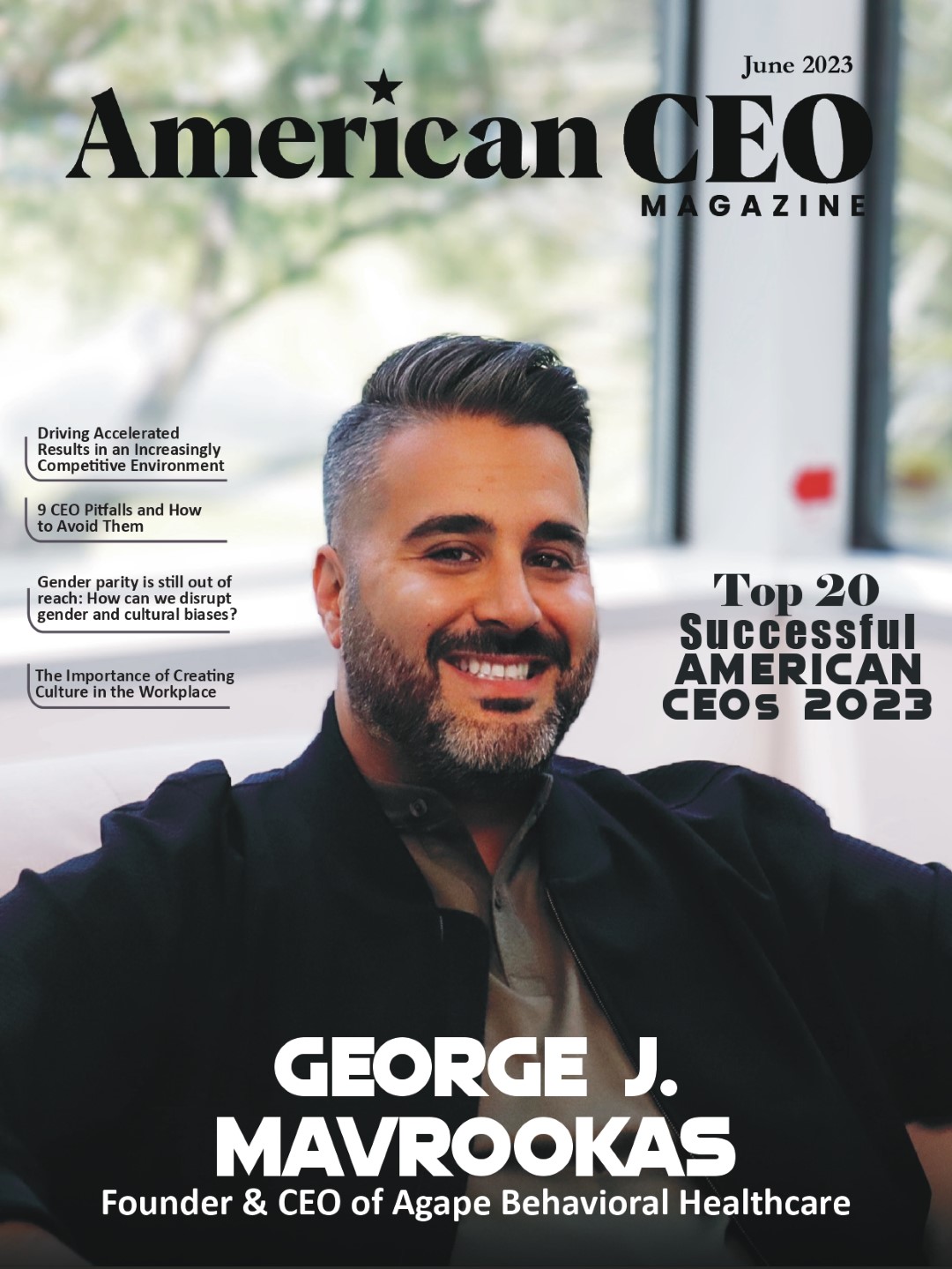Talia Eisen
Leadership Coach

Talia Eisen
Talia Eisen is an Organization Development (OD) consultant and executive coach, with a Masters degree in OD and Psychology from Sonoma State University. She has worked with clients in such fields as broadcasting, technology, education, banking, health care, and the non-profit sector. Talia specializes in cultivating great leadership in individuals from the executive level to the front line. Adult learning, excellent communication and systems scope awareness are the tenets of her work.
Talia has specialized in moving teams through complex change and growth as well as managing conflict and employee relations. She works with business leaders and teams to find custom solutions and provide effective implementation for lasting results.
With her expertise in communications, Talia has worked to help organizations improve communications practices, develop strategy, and foster alignment. She is an award-winning writer and has presented her organizational research at the OD Network National Conference. She is published on the topic of effective communication for health care practitioners. As a fluent Spanish speaker, she has helped organizations with translations of company materials and multi-cultural interface.
Talia was a member of the teaching faculty at the SSU Masters in OD program for ten years. She also holds an Executive Management Certificate from USC Marshall School of Business. Talia brings her strong interpersonal skills and leadership experience to her consulting and executive coaching work.
In her spare time, Talia enjoys reading, hiking, and spending time with her kids.
Organization Development and Leadership Coaching
I am often called in to work with teams, or sets of individuals, in conflict when personalities seem to be clashing. Clients will often begin by informing me of the personality clashes, differences in “style,” and communication problems. Typically, one individual appears more reasonable or accommodating, or a better fit for the organization, while the other is seen as troublesome. However, once I am working with the people in conflict, my job is to put on my Sherlock Holmes hat and see if I can discover the true cause of the conflict.
As we know, it takes two to tango. It is never one person causing the problem. Although much of the tension may circle around one person, and their choices and behaviors may contribute greatly, they are definitely not acting alone. If we only address that person in the equation, we wont really solve anything. So in order to work through conflict in groups or between individuals, the first thing I do is look at all the elements that are effecting the situation, not just one or two people.
One of the basics of my work as an Organization Development consultant and leadership coach is to not look at individuals as culprits, but at whole systems and how they impact the behaviors and norms and culture that is the root of the conflict. If we only look at one person’s “style” or behavior, then I would be missing the real issue.
Because whatever the person’s style, there are always ways the system is contributing to the problem. We all have things we need to learn or improve in order to get along better with others. We all have strengths and growth areas in our personalities. It is a mistake to focus unduly on personality. The system itself is often to “blame” and a commitment from leaders to address systemic problems is often the most important part of returning to healthy relationships within that system.
So the mistake is to address the conflict as an interpersonal one, as a relationship problem. Although it may seem that two people are just not getting along, (and they may indeed be behaving badly,) the root of the conflict in most cases is not about their personalities. More often, the root is based in how they are interacting with unclear processes and different approaches to HOW they are doing their work.
It is as simple as sorting out misunderstandings, miscommunications, and unclear processes around shared work. With that said, doing this “sorting out” can be challenging. By the time conflict comes to a wider awareness, there is often greatly eroded trust, poor perceptions of each other, discouragement and frustration that will get in the way of the work they need to do together to fix their shared problems.
The first order of business is to sort through the trust issues that keep people from working effectively on their challenges. Those within the organization, even the most well-meaning manager or best trained HR professional, are hindered by two things.1)They appear to have some partiality – whether they appear to favor one party, or seem to have allegiance primarily to the company and 2)They are part of the system and may not be able to “see” the structural issues such as process and culture, as easily as an outsider can. We know it is true that it is so much easier to see a friend’s problems and solutions than our own. Leaders attempting to support teams or individuals in conflict must find ways to overcome these obstacles. Having an outside consultant help “see” the problems clearly and provide safe impartiality can be very effective. But with conscious effort, leaders within the organizational system can do this too.
When I work with conflicts of this kind, my first order of business is to develop forums for trusting, productive conversation. This isn’t an easy thing to do and requires a commitment from the parties involved to come to the table willing to work on things.
Very often, that simple commitment to try again, the safety to do so without blame and repercussions, and a clear look beyond personality at the systems and behaviors they can improve, results in real conflict resolution and allows people to begin working together again. Leaders who are able to establish ground rules for conversations such as not interrupting, listening fully to one another, asking clarifying questions, and speaking from ones own perspective only, will have greater success.
This last item is something I’ve found to be crucial. Help individuals in conflict stay focused on their perspective. It is common to make statements like “Everyone says this…” or “Someone told me ….” And this just leads to more distrust. Accusations about the other such as, “You were trying to sabotage me,” or “You don’t care about my opinion” are assuming the other person’s motives and perspective. This also destroys trust. Its best to completely eliminate conjecture about the other’s perspective and encourage statements like “I didn’t feel heard,” or “I was demotivated when my idea was dismissed” or “I don’t like being addressed that way at meetings.”
Agreement isn’t always found, but when people are speaking from their own perspectives and understanding their own needs in any given situation, only then are they having what I call “the right conversation.” And from there, they can begin to make agreements about better ways to interact, get the work done, and heal.















































